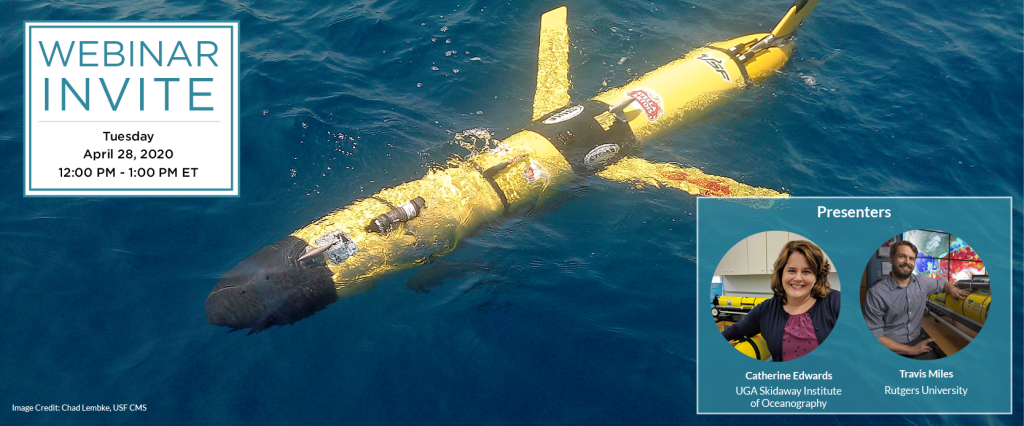
Join SECOORA for a webinar on April 28 at Noon ET with Catherine Edwards, University of Georgia Skidaway Institute of Oceanography, and Travis Miles, Rutgers University. They will discuss how deploying gliders during hurricane season are providing valuable data for hurricane intensity modeling.
Date: Tuesday, April 28, 2020
Time: 12:00 – 1:00 PM ET
Click here to reserve your spot!
Abstract
Model skill in forecasting the intensity of tropical storms has lagged behind the ability to predict their paths. Capable of operating and transmitting data to shore during hurricane-force winds, gliders are proving to be effective platforms for near-real time data collection of 3-dimensional information about ocean heat content and density stratification that may regulate transfer of energy between the ocean and atmosphere. Data from gliders deployed in advance of Hurricane Florence in 2018 demonstrate different strategies for informing ocean and atmospheric models with critical real-time data that can improve the ability to forecast tropical storm intensity.
About the Presenters
Catherine Edwards, University of Georgia Skidaway Institute of Oceanography
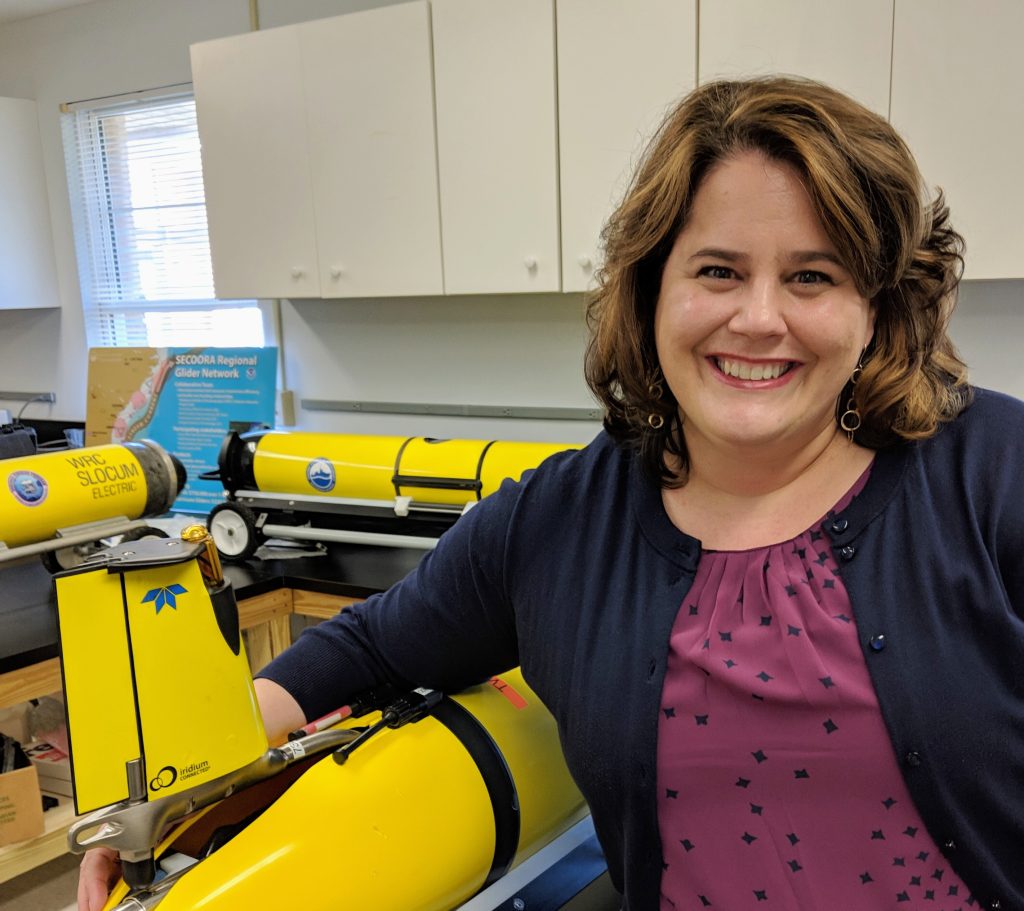
Catherine Edwards is a physical oceanographer and Assistant Professor at the Skidaway Institute of Oceanography and in the Department of Marine Sciences at University of Georgia. She earned a BS in Physics with highest honors from the University of North Carolina at Chapel Hill, and worked as an ocean modeler at the US Naval Research Laboratory before earning her PhD in Physical Oceanography at the University of North Carolina at Chapel Hill. With programs funded by the National Science Foundation, the Gulf of Mexico Research Initiative, NOAA, and the Navy, Edwards’s research focuses on answering fundamental questions in coastal oceanography and fisheries sciences with autonomous underwater vehicles, developing novel ways to optimize their use with engineering principles and real-time data streams from models and observations.
Travis Miles, Rutgers University
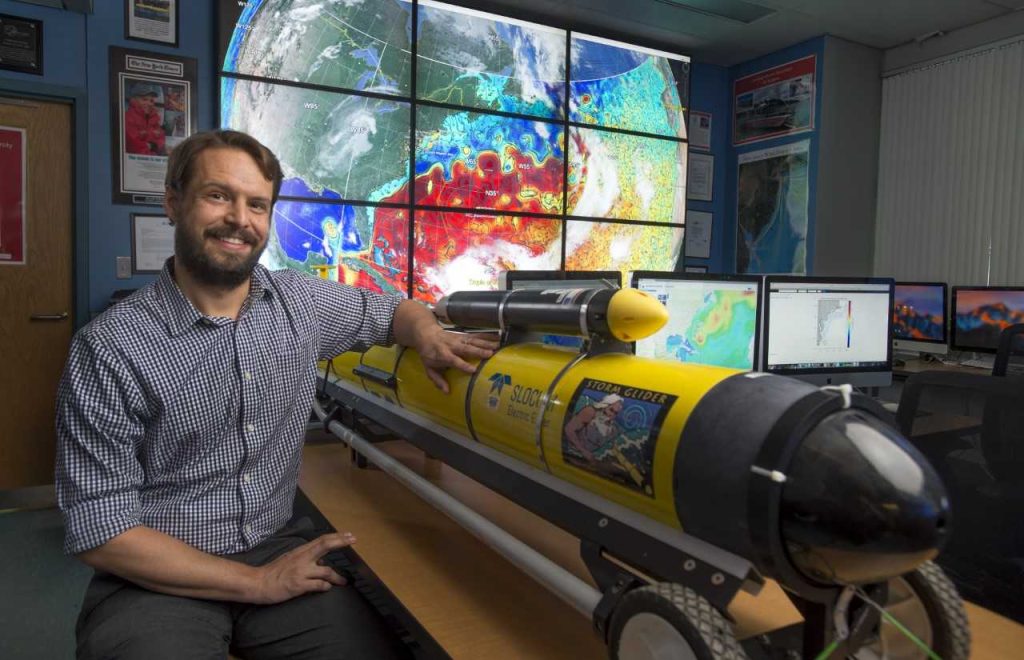
Travis Miles is an Assistant Professor in the Department of Marine and Coastal Sciences at Rutgers University, New Brunswick, where he also received his Doctorate. He was a Fulbright Scholar at the University of Gothenburg, in Sweden and was the recipient of the 2019 Marine Technology Society Young Professional Award. Travis is a North Carolina native and started his career in oceanography at North Carolina State University. As a core faculty within the Rutgers University Center for Ocean Observing Leadership (RUCOOL) he specializes in using networked ocean observing systems including autonomous underwater gliders, high frequency radar remote sensing, and other observing platforms in conjunction with numerical ocean and atmosphere models to study air-sea and sediment bottom interfaces. A large focus of his research includes improving hurricane intensity forecasts with process focused studies on highly stratified continental shelves.
Click here to reserve your spot!
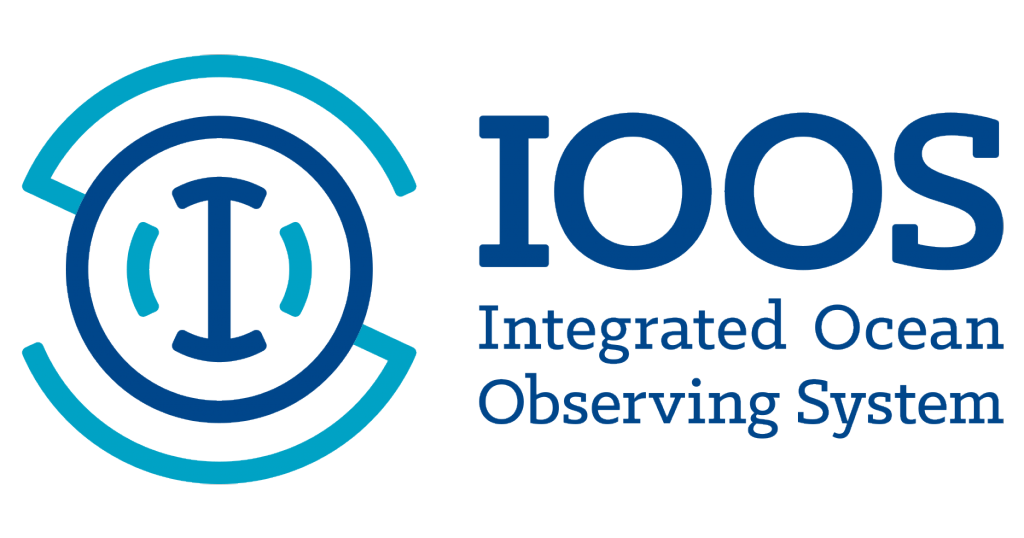


Related news
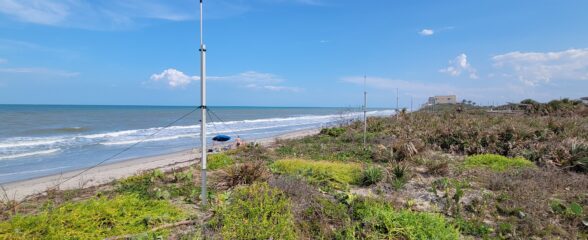
Measuring Surface Currents on the East Coast of Florida with High Frequency Radars
The Florida Institute of Technology and UGA Skidaway Institute of Oceanography recently installed four high frequency radars on the east coast of Florida. These systems measure the speed and direction of ocean currents, which is helpful for search & rescue operations and tracking marine debris.
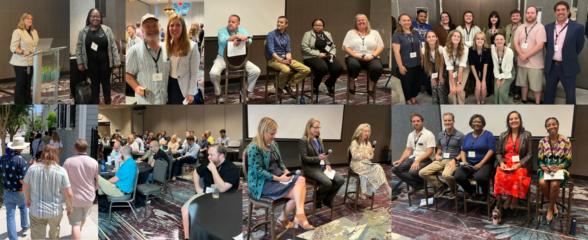
The 2024 SECOORA Annual Meeting: A Huge Success!
The SECOORA Annual Meeting was held in Charleston, South Carolina May 7th - 8th. Thank you to those who attended, we hope to see you again next year!
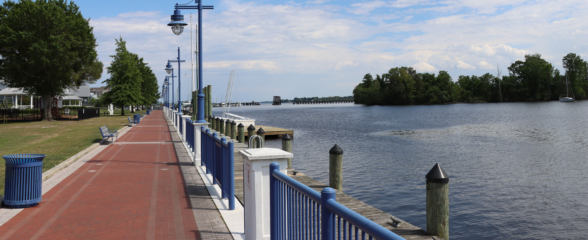
SECOORA Partners with North Carolina Communities to Install New Water Level Sensors
SECOORA has partnered with North Carolina Public Safety, Beaufort County Emergency Services, and the town of Belhaven to install new water level stations in two flood-prone North Carolina communities.